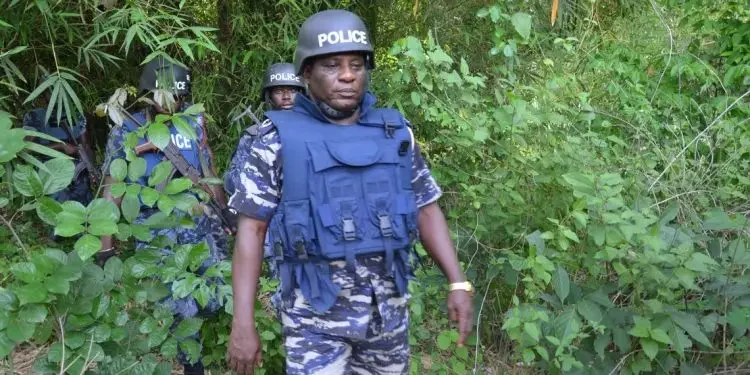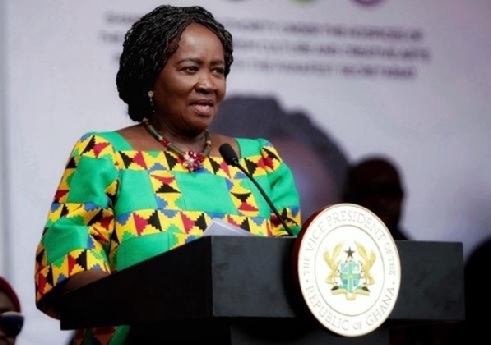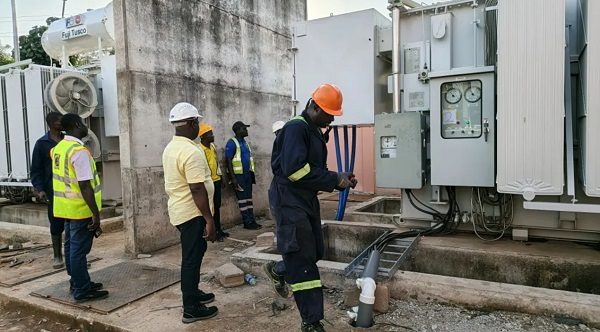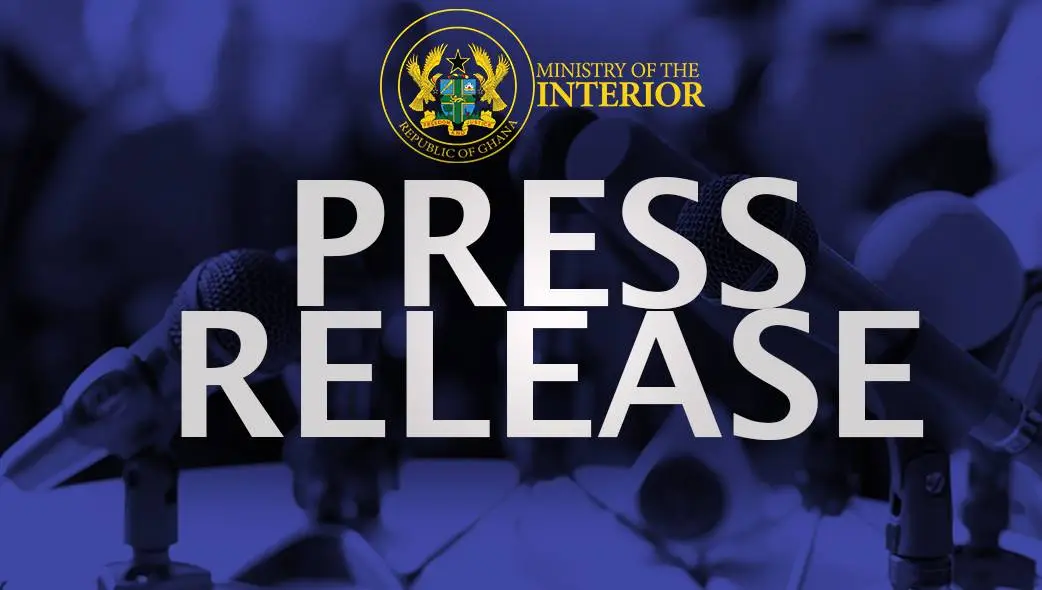When Christian Tetteh Yohuno, Ghana’s Inspector-General of Police, pledged to prioritize local youth recruitment into the Police Service during a visit to Bawku, the response was mixed. While some critics called it a bribe or political distraction, others saw it as setting a dangerous precedent. However, such criticism may overlook the larger picture and the longstanding global practice of utilizing security-sector recruitment to foster peace and inclusion.
Redefining Security: A Social Contract
Yohuno’s approach is not about conceding to lawlessness but reaffirming a fundamental state promise: marginalized citizens deserve inclusion and representation. In conflict-prone areas, inclusion serves as a critical lifeline rather than a mere luxury. Conflict resolution experts agree that sustainable peace stems not solely from a military presence, but from policies that reshape the state’s relationship with its youth. Effective recruitment transforms this into a civic handshake rather than just a job offer.
International Insights: Learning from Global Examples
This strategy has been echoed worldwide where national security forces have aided in community peacebuilding amid conflicts. These global cases support the idea that when a state extends dignity and roles in governance, the pull of militancy diminishes.
The Power of Inclusion
Yohuno’s initiative acknowledges a reality well understood in Bawku: exclusion fuels violence. His commitment to integrating local youth into the Ghana Police Service is not a reward for unrest but a reimagining of law enforcement as a collaborative effort. This recruitment promise works because it addresses the roots of conflict. In a region where identity and suspicion run deep, integrating local youth sends a crucial message of belonging.
Essential Conditions for Success
Obviously, programs like Yohuno’s must be transparent and guided by merit, equity, and fairness. Diversity should reflect the community, with no single group receiving undue advantages. Moreover, these officers should serve their communities locally, building trust and shared responsibility for maintaining peace.
Potential for Scaling
Ghana could view Bawku as a pilot project. If Yohuno’s model proves successful, it can be adapted to other volatile areas such as Wa, Chereponi, or parts of Oti Region. This strategy emphasizes humanization over militarization—prioritizing hope over heightened security measures.
Reframing the Narrative
Critics of Yohuno’s remarks should consider alternatives. Do increased security measures truly mend broken trust? Or is extending opportunities a more effective solution? Christian Tetteh Yohuno’s pledge is
Source: https://3news.com/news/why-the-igps-recruitment-promise-deserves-a-hearing/








